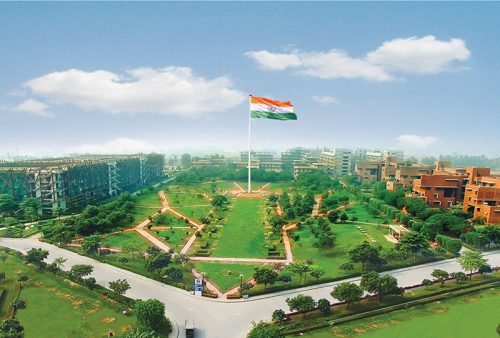Current Issue
From the Archives
Poor Rich Billionaire

Media Bytes
“Ask any young person if they dream of leading a village or becoming a Sarpanch, and you will likely be met with a puzzled silence. The educational curriculum largely focuses on Lok Sabha and Vidhan Sabha elections, parliamentary governance, or global models such as the United Nations. It remains silent on the Panchayati Raj institutions that form the bedrock of Indian democracy. This absence from classrooms has turned the Gram Sabha into a distant administrative concept rather than a living democratic experience.”
— Sushil Kumar Lohani & Manmohan Singh, The Hindu, (3/11)
“a narrative that begins in 1492 with the mythic arrival of Christopher Columbus. This moment is still described in textbooks, museums and mindless school rhymes as the "discovery" of America. The truth, of course, is far more brutal. Columbus did not discover a new world. He invaded one, and that invasion set in motion one of the most ferocious chapters in human history. Columbus's arrival heralded not discovery, but genocide. The devastation was total.”
— Shelley Walia, The Hindu, (29/10)














